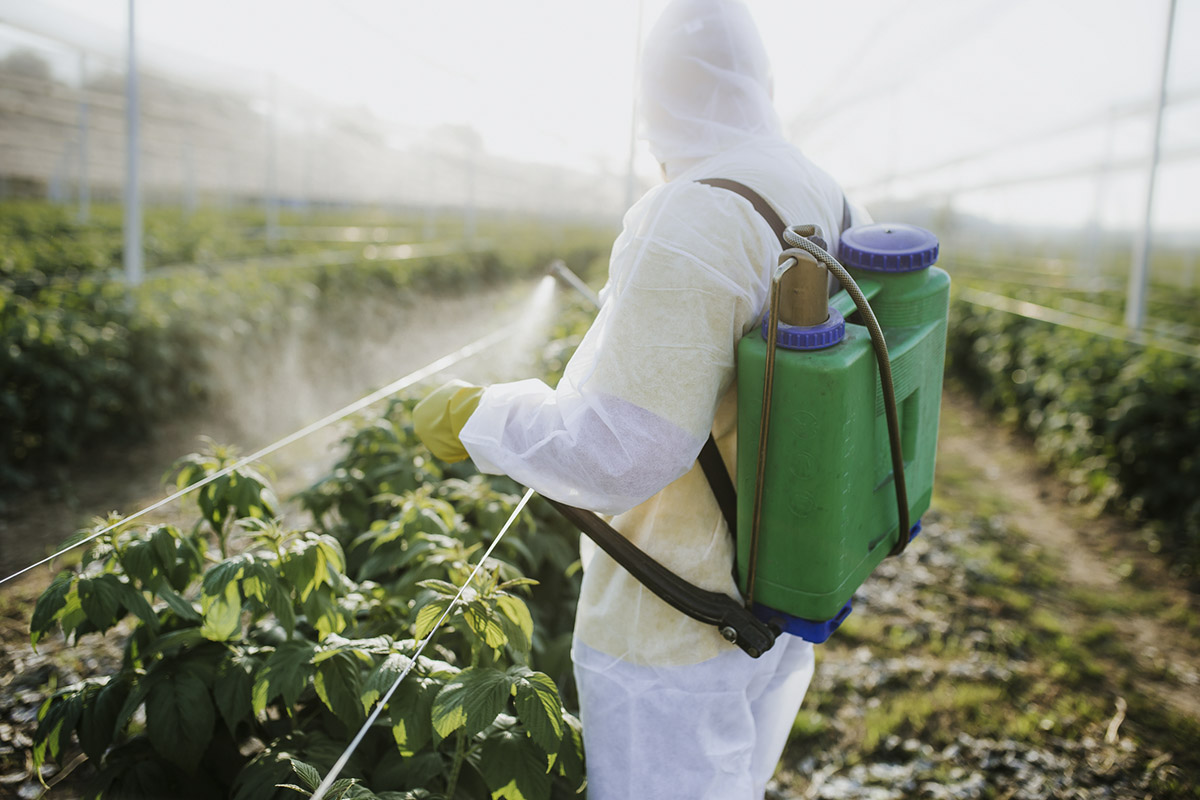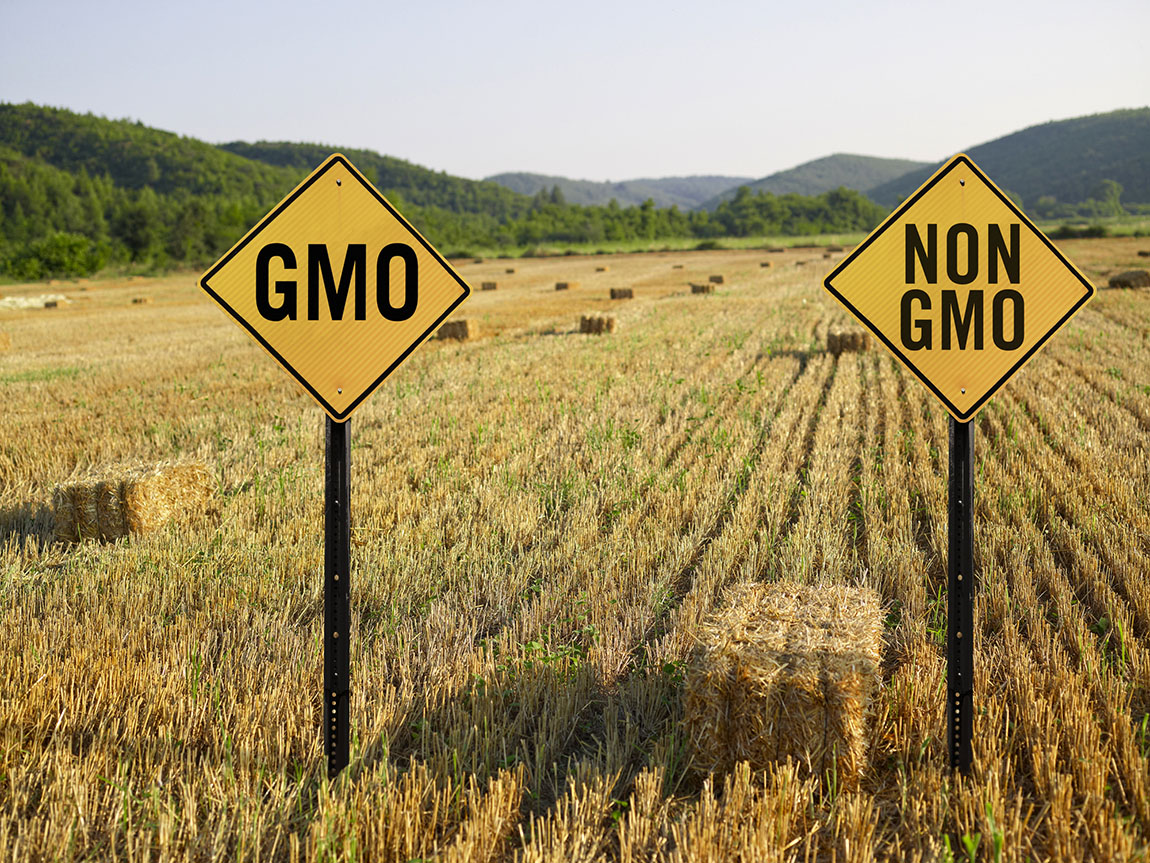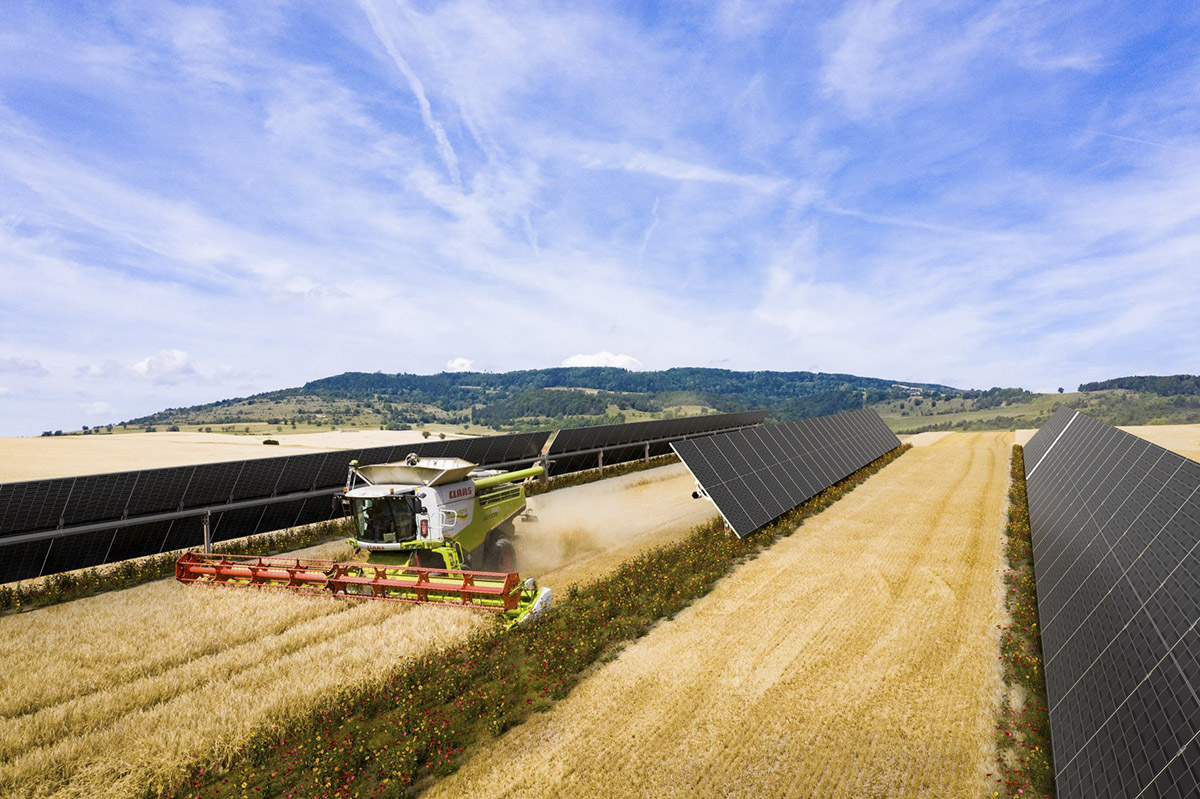Where IP strategy meets a passion for synthetic biology – to combat food insecurity and climate breakdown
BY LINNEA DUNNE, MADE IN PARTNERSHIP WITH POTTER CLARKSON

Biotechnology can produce an array of food products and feedstock in more sustainable ways. Photo: iStock.com_mladenbalinovac
A law firm might not seem like the most obvious place to start when it comes to the battle against climate change, but a step on the road to success it most certainly is. Discover CleanTech spoke to Potter Clarkson patent attorney Sara Holland about her passion for synthetic biology, the work of a patent attorney, and why scientists need solid IP strategies to change the world for the better.
Patent attorneys are a serious, boring bunch, perhaps even a bit scary – right? Before joining Potter Clarkson as – you guessed it – a patent attorney nine years ago, Sara Holland worried as much. With a PhD in engineering artificial yeast chromosomes, she had spent seven years as a postdoctoral research fellow investigating mechanisms of metal toxicity, high on the thrill of scientific discovery and covering a breadth of aspects of fundamental biology.
But after 13 years in a lab, she knew she needed a change. A Potter Clarkson career talk later, she applied for a job at the firm, and quickly that preconceived notion of patent attorneys as dull and dry was turned on its head. “We really do care, deeply,” Holland asserts. “I remember talking about climate change when I was at school, and here we are, still talking about it – and what have I done? In this job, I get to help start-up companies hopefully make a difference.”
Synthetic biology – for a greener future
Among Holland’s fields of expertise, and indeed areas she is most passionate about, is synthetic biology. “It’s a technology we all need for our societies to be greener,” she says, explaining that scientific research into biology has been busy for a long time mapping out how microorganisms work. Now, it is at a stage where enough is known that researchers can make bacteria and yeast do what they want them to. Programming biology is another term for it, and the outcome includes food products such as meat substitutes, other sustainable sources of protein, and even plastic degradation.
“It’s still early,” says Holland. “Some big companies have been using microorganisms for years, but things are stepping up a gear. There have been big advancements in computing power; sequencing is a lot cheaper than it used to be, and basically, we can make weird and wonderful stuff we couldn’t do before – all in sustainable ways.”

With the threat of climate change evident in countless ways across the globe and fuel costs soaring, fears that our food security is increasingly precarious are growing. Synthetic biology has huge potential to be part of the solution – but scientists have a job to do in bringing public perception with them on that, acknowledges Holland. “The public perception of the synthetic side of things is based on a misunderstanding and a lack of appreciation as to how biotechnology can be green. People will say, ‘I don’t want my meat grown in a jar, I want it from a cow’ – but it might be something we just have to move towards if we want to make an impact on climate change.

“People perhaps grew up surrounded by headlines about ‘Frankenfood’ – but really, the notion of GMOs and what something being ‘genetically modified’ means needs to change,” Holland continues, adding that the entire food chain can gain from this technology, thanks to inventions such as microbes engineered to help protect arable crops and lab-grown beef cells taking the animals out of the equation entirely. “There’s an animal welfare argument there too – no killing of animals.”
All things IP
So what does a law firm have to do with it? Holland’s title perhaps speaks for itself, but not every company she works with needs patents, she explains – and much of it comes down to IP strategy. “Patents are a big part of it. If you spend years and loads of money bringing a product to market, you’ll likely want to protect your idea to stop other people doing exactly the same thing,” she says. “The problem with patents, however, is that they’re made public, so you might choose to protect your idea by keeping it a secret instead. It all depends on your business model and a number of different factors. That’s what intellectual property and IP strategy are about.”
Holland works with all of the above within the biotechnology department, or what she lovingly refers to as “hardcore biotech”. As a firm, Potter Clarkson has expertise in everything from cleantech to agritech, life sciences and therapeutic biotech, and while all the attorneys work on their own niche area of expertise, a lot of the work is interdisciplinary. Many clients are start-ups, companies with founders who are scientists, who do not know much about IP at all. For Holland, the work then involves a lot of education around all things IP, as well as helping the scientists get the data they need for patent applications, which in turn help them bring in funding, since investors want to see solid IP strategies and patents.
Alongside the patent attorneys, Potter Clarkson is also home to a team of trademark attorneys who work with the same clients to protect their branding, and then there are IP solicitors – a team that has grown significantly in recent years. Whatever the situation, the firm works very closely with its clients. It is that thing of really caring, of genuinely wanting to help other scientists make a difference. “We don’t just react; we try to be proactive in our work with these companies,” says Holland. “It wouldn’t be fair to put all the decision-making on them. We try to work with them to make sensible decisions – to set their IP strategy and truly support their business. I absolutely love it.”

GMO crops. Photo: iStock.com_gerenme
Web: www.potterclarkson.com LinkedIn: /company/potterclarkson Instagram: @potterclarkson Twitter: @PotterClarkson
Subscribe to Our Newsletter
Receive our monthly newsletter by email





